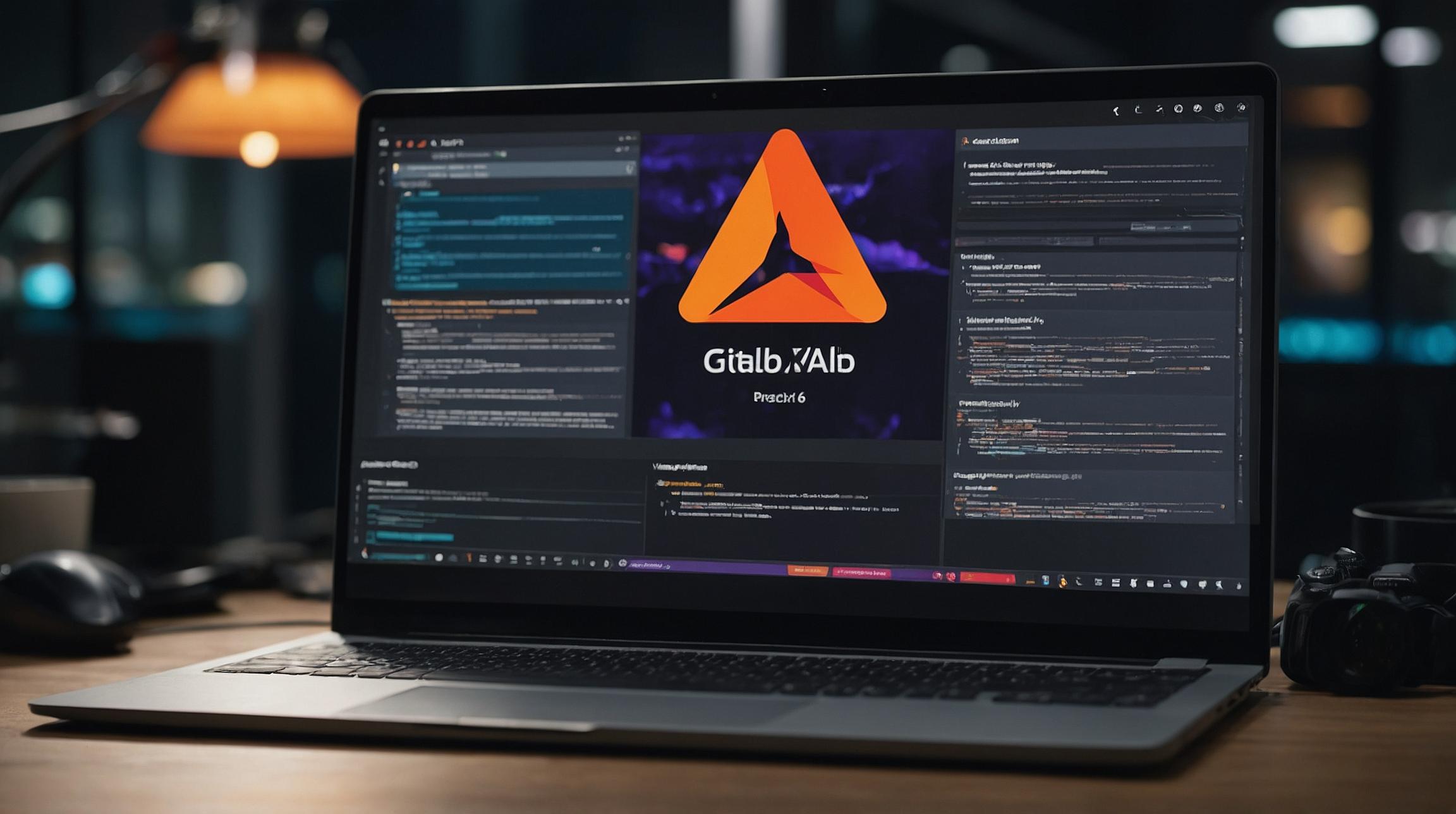North Korea and Iran Leverage AI in Cyber Hacking, Microsoft Reports
In a startling revelation, Microsoft, in collaboration with its business partner OpenAI, has announced that adversarial nations, prominently Iran and North Korea, have begun utilizing generative artificial intelligence (AI) in strategizing offensive cyber operations. With the cyber world already being a battleground for security experts and hackers alike, the introduction of large-language models, like OpenAI's ChatGPT, is heralding a new era in the cyber cat-and-mouse game, elevating both threat levels and the means to counter them.
Generative AI, a field led by OpenAI’s innovations, has significantly amplified the capabilities of cyber attackers in crafting more sophisticated social engineering tactics. These include generating highly deceptive deepfakes and mimicking voices, thus enhancing phishing campaigns and the spread of misinformation. This development alarms global cybersecurity stakeholders, given its potential to undermine democracy and sway electoral outcomes.
In recent cybersecurity research, Microsoft detected and thwarted several threats employing or aiming to exploit AI technologies developed in conjunction with OpenAI. Their examination sheds light on the "early-stage" but critical techniques that adversaries are adopting to breach network securities and launch influence operations.
Exploiting AI for Cyber Espionage
Microsoft's investigation unveiled the diverse ways through which countries like North Korea and Iran are deploying AI for espionage and hacking. The North Korean group Kimsuky, known for its cyber-espionage activities, has been utilizing generative AI models for researching foreign think tanks and concocting spear-phishing campaigns. Similarly, Iran's Revolutionary Guard has leveraged these models in social engineering endeavors, refining phishing emails to target prominent feminists and international development agencies, among others.
The exploitation does not end with Iran and North Korea; Russia's Fancy Bear and Chinese groups such as Aquatic Panda and Maverick Panda have also been noted for their interactions with large-language models. Their activities suggest a burgeoning interest in augmenting their technical operations with AI, ranging from studying satellite technologies to evaluating geopolitical situations and U.S. internal affairs.
The Need for AI Secured Against Misuse
This unveiling occurs amidst Microsoft's billion-dollar investment in OpenAI and the rapid evolution of generative AI technologies that the public has eagerly adopted. Critics argue that the rush to release such potent technologies, without adequate security measures, has opened Pandora's Box – inviting malicious use by bad actors globally.
Jen Easterly, the director of the U.S. Cybersecurity and Infrastructure Security Agency (CISA), has echoed these concerns, emphasizing the necessity to prioritize AI's security framework in the face of such "epoch-defining threats" as AI and China.
As the digital world braces for more sophisticated cyber threats enabled by AI, cybersecurity experts and federal agencies are calling for immediate action. This includes the development of more secure AI technologies and robust defense mechanisms to safeguard against the exploitation of AI by adversarial nations and hackers.
Microsoft's announcement serves as a wake-up call for the global cybersecurity community, highlighting the urgency to fortify AI against misuse and ensure a secure digital future for all.
Analyst comment
Negative news: North Korea and Iran are utilizing AI in cyber hacking, using generative AI for social engineering tactics and spreading misinformation. This poses a threat to cybersecurity, democracy, and electoral outcomes. Other countries like Russia and China are also showing interest in using AI for technical operations. There is a need for secure AI technologies and robust defense mechanisms to counter these threats. The cybersecurity community must act urgently to fortify AI against misuse. Market impact: Increased demand for secure AI technologies and cybersecurity solutions.













